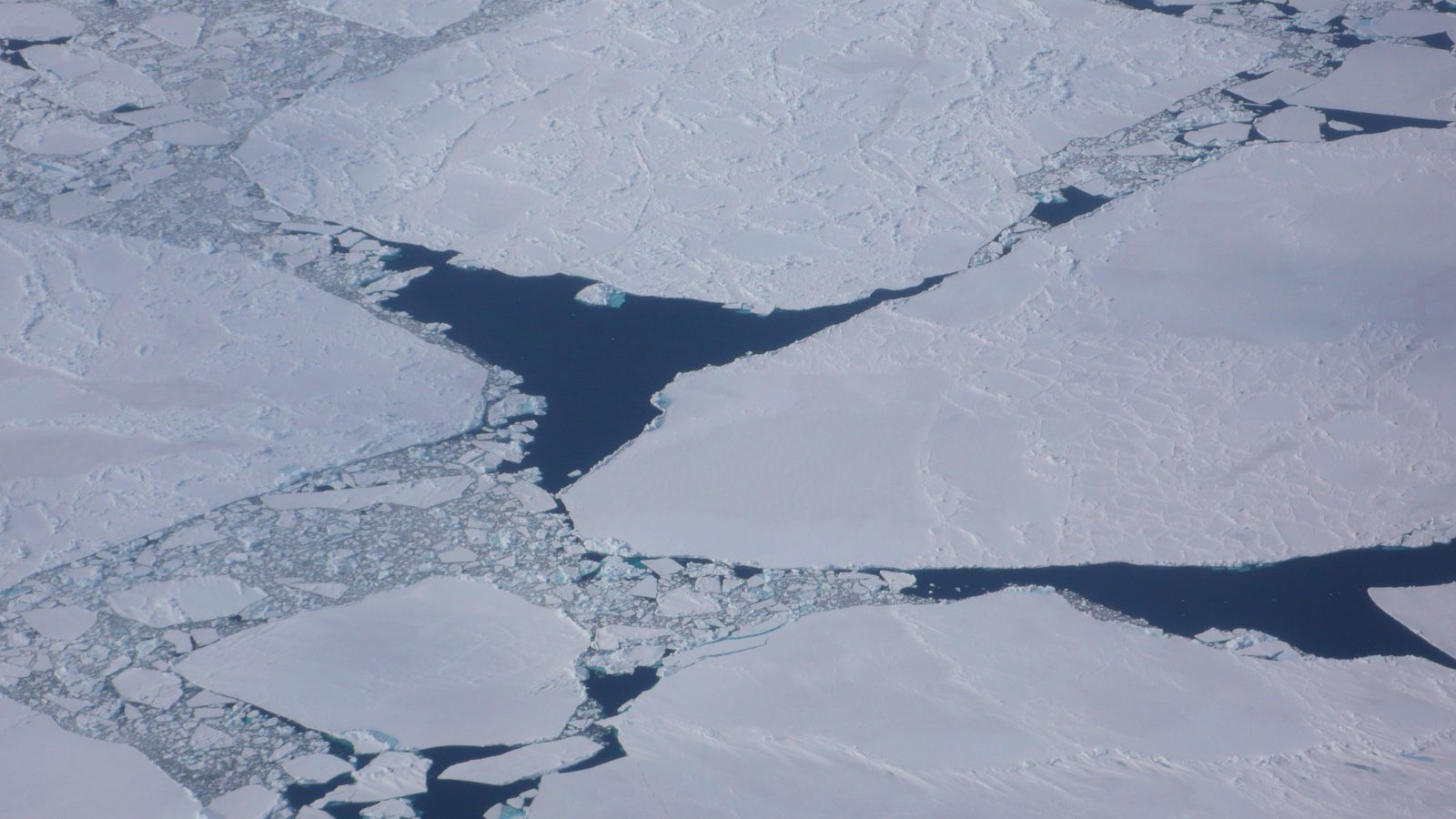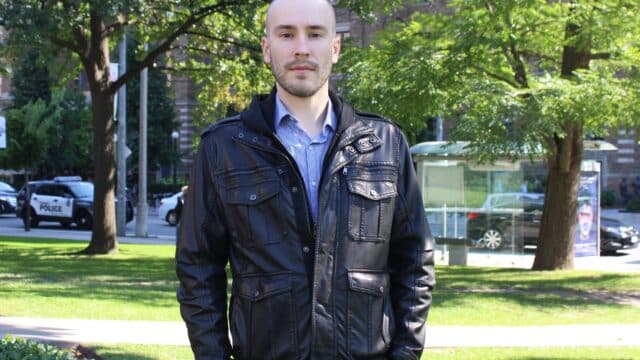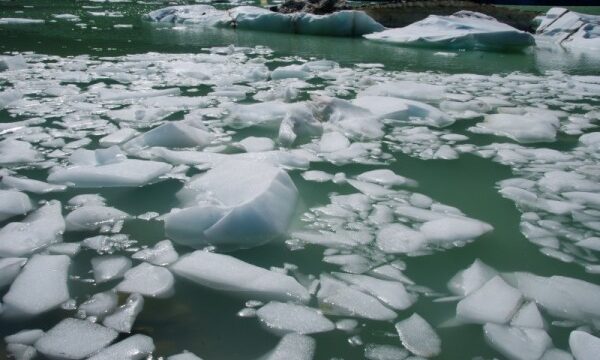On June 26, Imperial Oil announced, on behalf of itself and its partners ExxonMobil and BP, that the group is putting its plans to drill offshore in Canada’s Arctic on hold indefinitely.
This is an important – if perhaps temporary – win for the Arctic environment, where a major oil spill would have catastrophic impacts on local communities, wildlife and ecosystems.
Imperial was proposing to drill exploration wells in the Beaufort Sea about 175 km off the coast of Tuktoyaktuk, Northwest Territories. The proposed wells would have been among the deepest ever in the Arctic offshore, including some up to a depth of almost 7 km below the surface of the ocean.
Ecojustice lawyers have worked for years with WWF to make sure that local communities and the environment aren’t given short shrift by decision-makers when they are considering proposals to drill in the Arctic offshore. Before Imperial’s surprise announcement, we were working with WWF to prepare to defend the National Energy Board’s same-season relief well (“SSRW”) policy.
Imperial wanted an exemption from this safety policy, which requires a company to be able to drill a second “relief” well to regain control of a blowout well and stop the blowout before the end of the drilling season. In the Arctic, the drilling season is short because of ice and other challenging conditions. Since a relief well is sometimes the only way to regain control of a well, this is a crucial safety requirement. Other ways to regain control of a well, such as capping stacks and blowout preventers, can and do fail – and the stakes in the Arctic are too high to take that kind of risk. Without SSRW capability, it’s possible that a blowout could continue to pump oil into the ocean continuously throughout the winter months, a situation that would have catastrophic and long-term effects on local communities and the environment.
Imperial had proposed to meet the goal of the SSRW policy without actually being able to drill a same-season relief well. We don’t know how they intended to do this, as they have never filed a detailed proposal with the National Energy Board. Our client’s position has always been that SSRW capability is necessary – to date, they haven’t seen any proven alternative that would allow Arctic offshore drilling to take place in a safe and responsible manner.
WWF isn’t alone in their position – even industry representatives have agreed that, in some cases, a relief well is the only way to kill an out-of-control well. As recently as June of this year, Brian Salerno, Director of the US Bureau of Safety and Environmental Enforcement, which oversees Arctic offshore drilling in the US, also highlighted the lack of proven alternatives in a presentation to a committee of the US House of Representatives.
Imperial’s decision to shelve their drilling plans appears to be an acknowledgment that there isn’t a proven alternative to a SSRW. In letters to the NEB and the Inuvialuit Environmental Impact Review Board, which was also reviewing Imperial’s proposal, Imperial admits that right now, they just don’t have the know-how, technology and processes they need to drill responsibly in the Beaufort.
Imperial has asked the NEB and the EIRB for more time to do more research and develop the necessary technology and processes – so much more time, in fact, that they’ve also asked the federal government for a retroactive extension that would extend their two Arctic exploration licences by 8 and 9 years, until 2028. This also marks a significant departure from Imperial’s earlier public statements, in which they suggested that they could demonstrate SSRW equivalency “by using best available technology and by applying best safety practices.”
Imperial’s decision, coupled with Chevron’s decision to pull the plug on its Arctic exploration plans in December 2014, means that offshore drilling in the Canadian Beaufort likely won’t take place any time soon. This is a major short-term win for the Arctic. It also provides a critical window for local communities and stakeholders to re-evaluate whether drilling in the Beaufort can ever been done in a safe and environmentally responsible manner.



